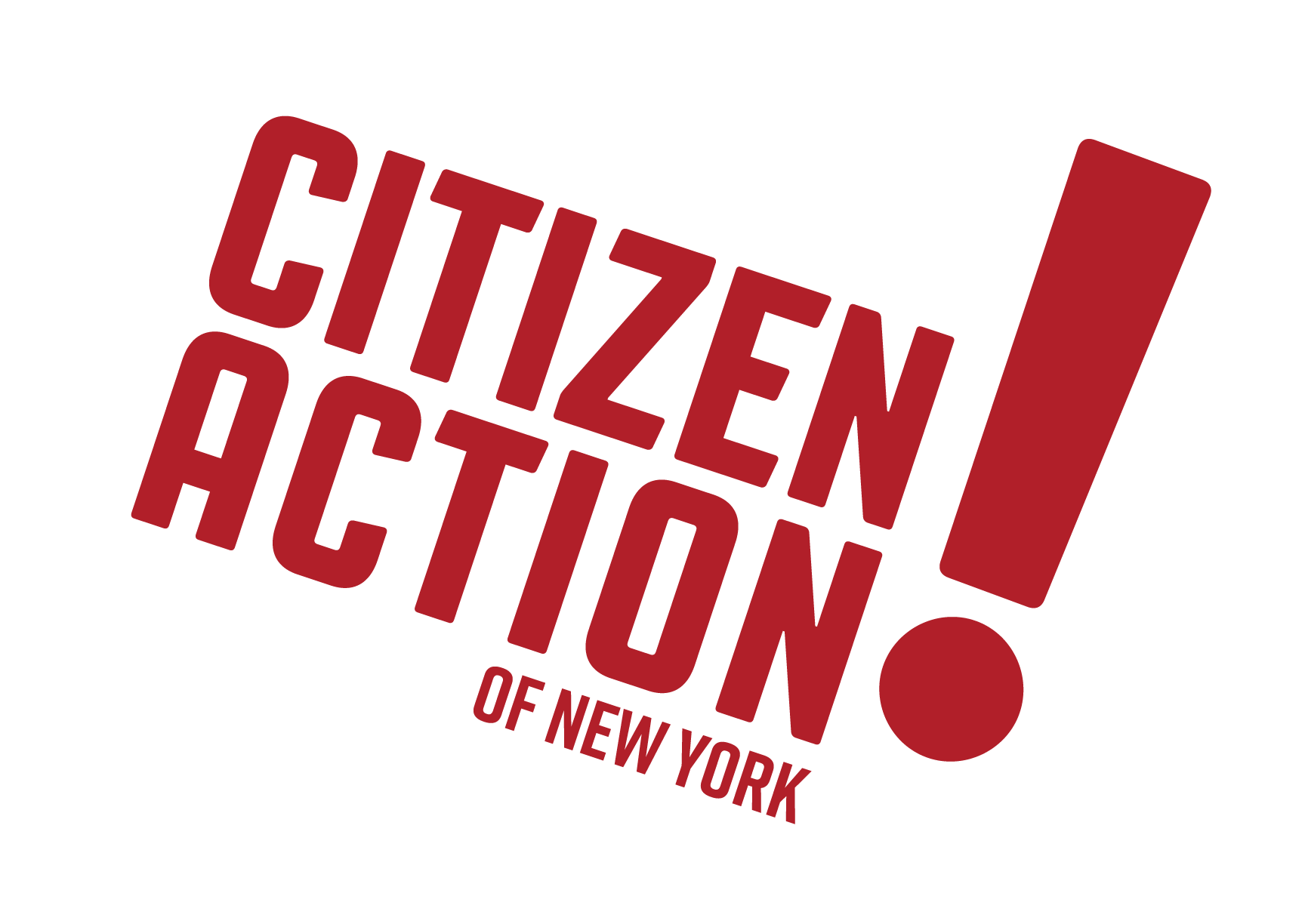In this week’s New Yorker, James Suroweicki discussed the recent American transition from overwhelmingly supporting health care reform to almost half of the voting population being opposed to the President’s efforts in this area. He says this shifting attitude is a product of the “endowment effect,” which is then made more complicated by “the status quo bias.”
The endowment effect is “the mere fact that you own something leads you to overvalue it.” He cites a couple of research examples where people who already have something want to sell it for a much higher price than people who don’t have that same thing would want to pay for it.
This idea makes sense. It connects to health care reform like this: a majority of Americans have health insurance, and as soon as there is any talk of that insurance changing, they get scared and say that their insurance (i.e., health care system) is of very high quality – very valuable, when in reality we all can agree that the American health care system is far from ideal.
Suroweicki continues with the status quo bias – essentially the idea that if something is proclaimed as the default, the standard option, people tend to prefer it – they feel more comfortable. I suppose an extension of this is the mob mentality.
But, even though all this makes sense, I can’t help but see health care reform has become a significantly partisan issue (disclaimer: I’m not saying it wasn’t before – but the public perception of it as such hasn’t been consistent). National elections for President have been pretty close in the past couple of decades. A public policy debate with public opinion essentially split down the middle is, I think, an indication of partisan bias among the public. The difference between last year – when there was overwhelming support for health care reform and significantly greater support for a public option – and now, is that political pundits finally have some policy to talk about, Americans know the terminology, and they know which pundits they like to listen to (another disclaimer: by pundits here, I’m referring to any opinion maker, from Rush Limbaugh and Keith Olbermann to the editorial page of your local newspaper, to old uncle Bob who you only see at family picnics).
Now, this might be another indication of the status quo bias, in that people are now able to determine which status quo is their status quo – the side of the political debate with which s/he most often agrees. Or maybe its something a little deeper. Either way, public support is important for health care reform to work.
Last week, Kaiser Family Foundation came out with a new poll that says 53% of Americans believe “that tackling health care reform is more important than ever, compared to 42 percent who say we cannot afford to take on health care reform right now.”
The folks who want reform are “hopeful,” those who don’t are “frustrated” and “scared.” This needs to change, and it’s our job to change it.
Last week, I came across this chart:
It’s a very clear representation of what health care reform could do (obviously, nothing is set in stone because the legislation could always change). This shows that there really is nothing to worry about – there is nothing to be scared about. We need to spread this message – health care reform helps, not hurts.
So, here’s what we do: let’s become opinion makers. As a political communications professional, I know that the best advertising I can have to make get my message out is word of mouth. You already have personal networks set up – now’s the time to start talking to everyone you know about health care reform. Talk to the people who you think would be opposed to health care reform (like uncle Bob who you only see at family picnics). First, tell him why he shouldn’t be afraid, then tell him why it’s so important.
Good conversation and argument is the route to truth. We already know the truth: America needs health care reform and we need it now. Let’s start the conversations and the arguments – let’s change the American debate to rise above the partisan smear and fear campaigns, and instead use the truth, the reality that when there are no longer 47 million Americans uninsured, and 14,000 Americans are no longer losing their coverage every day, that America will be a much strong, much healthier nation.

